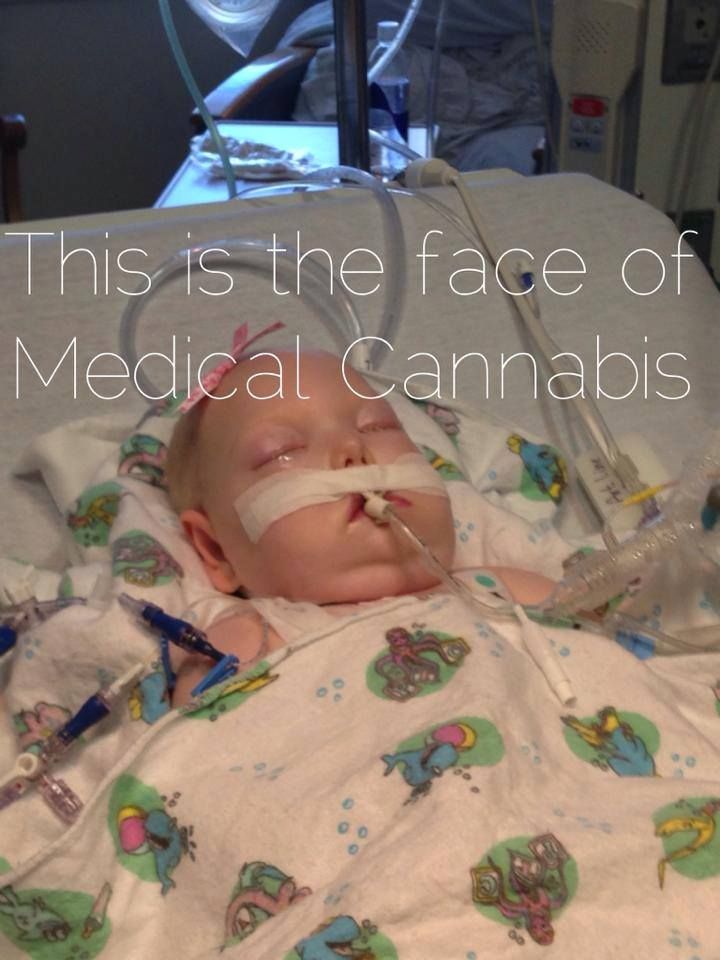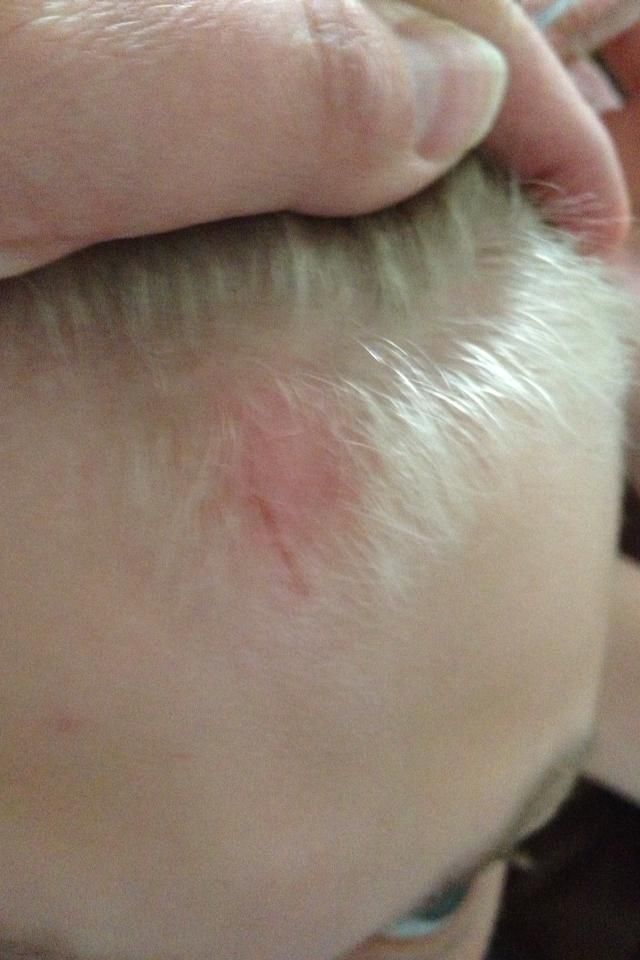
I first introduced readers to Charlie one month ago when the Byrd family arrived in Colorado. Though they were excited to start Charlie's journey with Charlotte's Web CBD oil, the family already longed to return home. Here Charlie's mother, Crystal, tells us what life in Colorado has been like so far and she shares Charlie's progress on the oil. Crystal is also co-administrator of the CBD Oil for Autism and Epilepsy - Kentucky Facebook page.
Suzanne:
How long has your family been in Colorado so far?
Crystal:
We've been here almost 6 weeks. Charlie's been taking the oil for over 4 of those weeks.
Suzanne:
How was Charlie's initial adjustment to Charlotte's Web?
Crystal:
Charlie has done well so far. His initial doses were smaller to allow us to titrate up slowly as needed. The oil is administered under his tongue three times daily. He doesn't even mind taking it. There have absolutely been NO side effects observed and we've actually been able to lower some of the other four anti-epileptic drugs he was on!
Suzanne:
That is remarkable and certainly unheard of compared to some of the other medications our children take. Have his seizures reduced compared to before Charlotte's Web?
Crystal:
We have had several rounds of seizure free spells and are hoping to see more of that as we go up on Charlotte's Web. Seizure control can take months due to the delicate balance of his existing drugs interacting with the CBD oil. Charlie has slow waves between 3/4 that should be between 5/6 prior to CBD.
Suzanne:
Have you noticed any developmental progress beyond seizure reduction?
Crystal:
Changes in communication, alertness, eye contact, physically, fine motor and just all around improvement. He's beginning to problem solve and effectively use words in sentence form which he could never do prior to CBD. Charlie has always been extremely intelligent: able to memorize entire movies, knew his alphabet by 2 years of age, counting, shapes and hundreds of animals - but he couldn't apply any of it. It was in there but the sub clinical activity (slow brain waves on EEG) prohibited him from being able to use his understanding in conversation. Now he can at least pull thoughts out quickly enough to communicate that he relates to conversations and then respond.
Charlie is also jumping and climbing a lot easier due to what seems is an increase in interest to use his body parts to propel himself. It's amazing as a parent to see things that no one else would notice aside from his physical, speech, or occupational therapists. Charlie has really responded well to this treatment and we hope that more good is to come.
CBDs are anti-inflammatory and neuroprotective. It would be nice if all epileptic or autistic children could try CBD. If not for seizure control then at least for the neuro-protective and anti-inflammatory properties.
Suzanne:
It has been wonderful following Charlie's progress over the last month and getting to enjoy your reactions to it. Your sense of awe really comes through.
Research shows that many with autism have brain inflammation and oxidative stress. Perhaps the anti-inflammatory and anti-oxidative properties of CBDs are playing a part in why autistic children who take the oil are responding so well?
What has moving across the country from Kentucky to Colorado been like for your family? Will you stay there now that you know the oil is working or will you have to come home?
Crystal:
Unfortunately, even though the oil is working we only have the financial resources to maintain one home. In Kentucky both of us were able to work with help from my in-laws and my parents to drop off and pick up Charlie from school. In Colorado only one of us can work so the other can be there for Charlie. The cost of living and home buying in Colorado is significantly higher than Kentucky. Buying a second home isn't an option so we are forced to rent at over 1,000 a month! This has been the hardest month of our family life. Charlie is stuck in a small apartment with no family, no friends, without his wonderful school support and our church. It goes on forever. This is a time to celebrate Charlie's new accomplishments and we can't even share them with those who know and love him except through Face Time or Facebook.
And I think it's crazy I can order high CBD oils from other countries and it's legal! But I can't get it right here in my own country where I know the oil is organic, tested, and safe? Where's the logic? This has to change for all our children. Kentucky deserves more and the only reason that this isn't legal is unfounded and just plain ignorant. Times are changing and we don't need to be the last state to adopt something that makes plain sense.
Suzanne:
How does physician involvement work? Does a general practitioner prescribe and then a neurologist tracks progress? How do they know when it is time to increase the dose? And how do doctors know it is time to reduce other anticonvulsants?
Crystal:
In Colorado a pediatric patient must be seen by two recommending physicians to get a medical marijuana card. Once you have the approval of two physicians you submit an application to the state along with a $35.00 registration fee. The next step begins with finding a dispensary that has high CBD product for purchase. We are on the Charlotte's Web Realm Oil. It has the highest CBD I've seen. The oil is made by the Realm of Caring Foundation and each batch is tested by Cannalabs for CBD/THC levels before distributed. The cost for the oil is 5 cents per mg of CBD. Currently we are up to 70 mg a day CBD, so roughly $3.50 a day. There are several neurologists here that follow MMJ patients with dosing, lowering other medications, scheduling blood work, and arranging EEGs. It's quite amazing the support you'll find here. This could easily be replicated in any other state if the correct barriers are removed that are preventing research of this plant.
Currently, there is an orphan drug of pure CBD that has gained FDA approval for trails in the United States. It is called Epidiolex(c) produced by GW pharmaceuticals but the trials are small and what I can find are already full.
Suzanne:
That sounds like a similar process to how we already titrate our kids up and down on anticonvulsant medications.
I am not opposed to pharmaceutical companies making cannabis extract medications, especially since that could eventually make them more accessible and reduce costs. However, I know how these things typically go. They don't do whole plant medicine. They isolate compounds from the plants in labs and turn them into synthetic drugs. But, whole plant medicine works by entourage effect, where various compounds operate in synergy to produce the desired medicinal effects. Isolate the compounds and it doesn't work as well, with side effects to boot.
There are already cannabis based pharmaceuticals on the market like Marinol. My father took it for cancer related appetite loss. I don't hear anyone claiming Marinol as a magic bullet for pediatric epilepsy like Charlotte's Web Cannabis Oil. Maybe this Epidiolex will be different. I hope so.

We will update you again on Charlie's progress once he hits full dose.
Help Us Access CBD oil in Kentucky
1. Kentucky residents: call the legislative hot line at 1-800-372-7181, give your zip code, then tell the operator to ask your senator and representative to support legislation to legalize CBD for autism, epilepsy, and other conditions it is known to help.
2. Sign our petition here.
3. Send your email address to Suzanne at cbdoilky@gmail.com. Action alerts will occasionally be sent.











